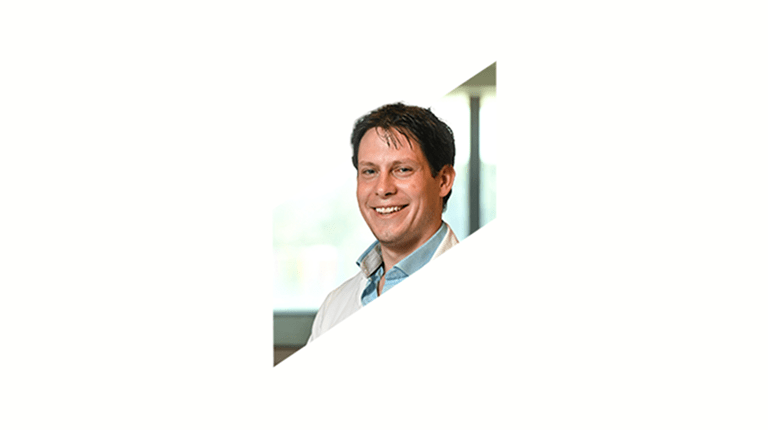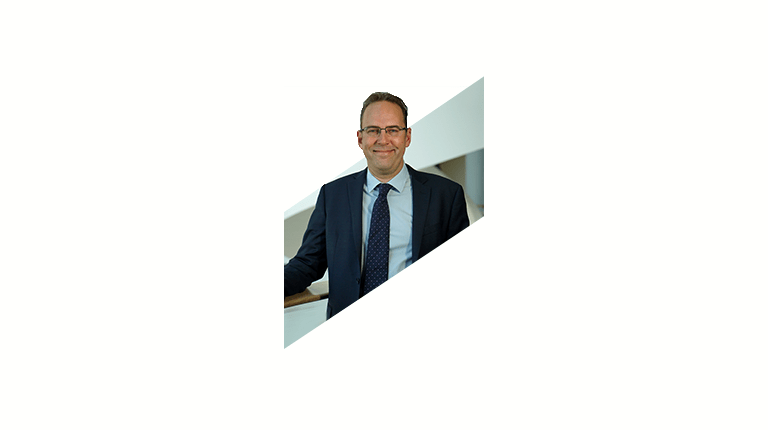CSL Centenary Fellows
Former CSL Centenary Fellowship recipients
2026

Dr Carolien van de Sandt
2026 CSL Centenary Fellow
Could we all have life-long robust immunity?
Dr Carolien van de Sandt has identified how, as we age, our T-cells become less effective at fighting acute viral infections and less flexible in response to novel viruses. She will use her $1.25 million CSL Centenary Fellowship to study how children generate robust immunity, how healthy adults maintain optimal immunity, and how immunity becomes impaired in most older people and in others with immune impairment.

Dr Rhys Grinter
2026 CSL Centenary Fellow
Making proteins with AI
Dr Rhys Grinter is transforming drug development by harnessing Nobel Prize-winning AI technology to design new proteins. His innovative approach streamlines the production of these proteins in the lab, delivering potential drugs many times faster than traditional methods.
2025
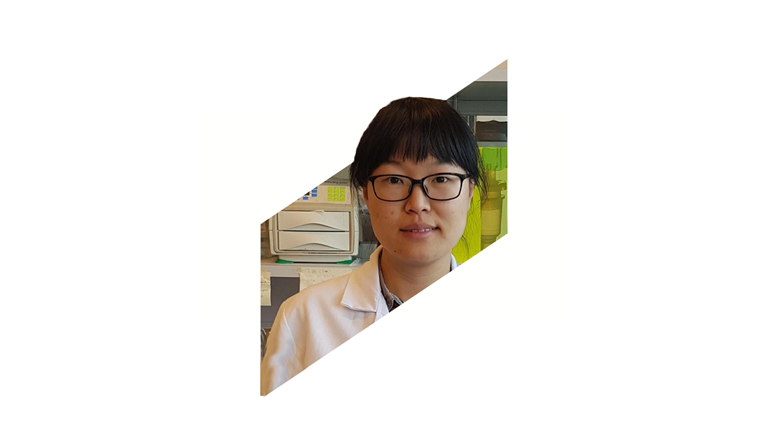
Dr Qi Zhang
2025 CSL Centenary Fellow
Understanding gene switching to better target epigenetic causes of cancer and disease
Dr Qi Zhang is investigating the fundamental processes by which our cells turn genes on and off as they change identities, for example as stem cells develop into mature cell types. She hopes to learn how these processes can break down and lead to cancer and other diseases. Her work has the potential to open up opportunities for new kinds of drugs for cancer and developmental diseases.
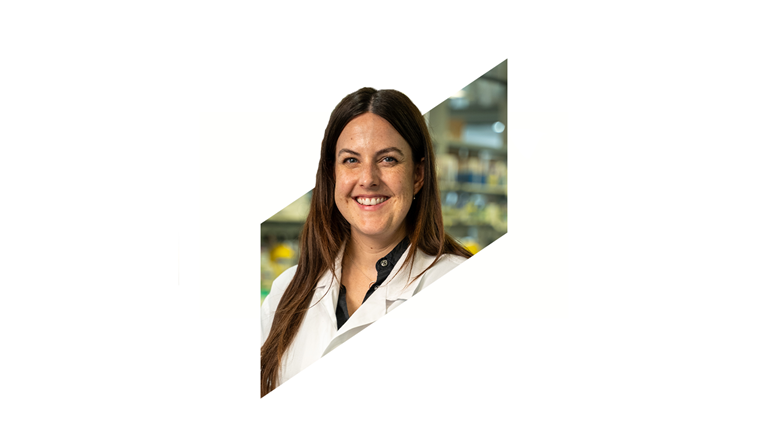
Dr Clare Weeden
2025 CSL Centenary Fellow
Pollution and lung cancer
For the past 12 years, Dr Clare Weeden has been on a mission to understand the cellular changes that lead to lung cancer and to work out how to detect, stop and even reverse those changes. Along the way she has helped transform our understanding of how all cancers develop.
2024
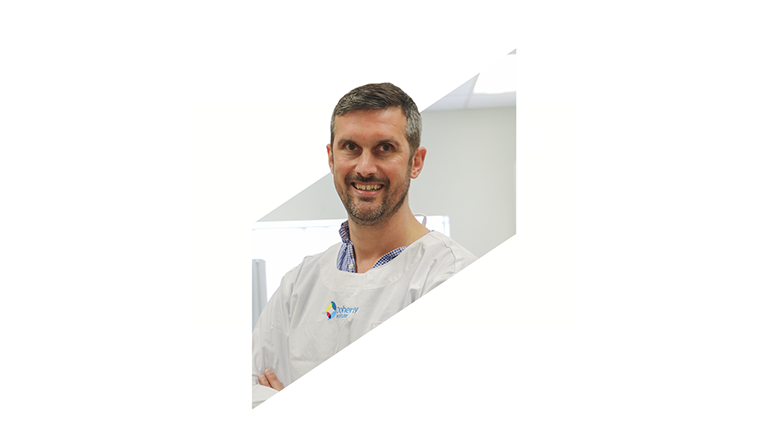
Dr Daniel Utzschneider
2024 CSL Centenary Fellow
Training T-cells for a marathon against cancer
Dr Daniel Utzschneider believes the reason for this may lie with T cells, white blood cells that are a key component of our adaptive immune system, which can become exhausted from the constant fight against cancer. He will use his $1.25 million CSL Centenary Fellowship to accelerate the research program to target these exhausted T cells from different angles, to understand their biology, why they become exhausted, and how to increase their numbers and to enhance their functionality.
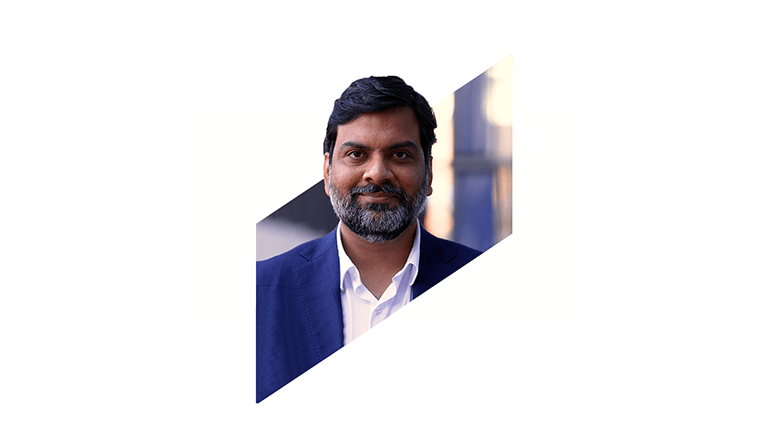
Dr Ankur Sharma
2024 CSL Centenary Fellow
How cancer’s similarities to embryonic cell development could lead to a life-saving vaccine
Dr Ankur Sharma has discovered how liver cancer cells work together in a similar way to the rapidly dividing cells in a human embryo. The 2024 $1.25 million CSL Centenary Fellowship will support his next bold step at the Harry Perkins Institute of Medical Research in Perth. His vision is for vaccines against cancer, which could one day allow us to manage it as a chronic disease.
2023
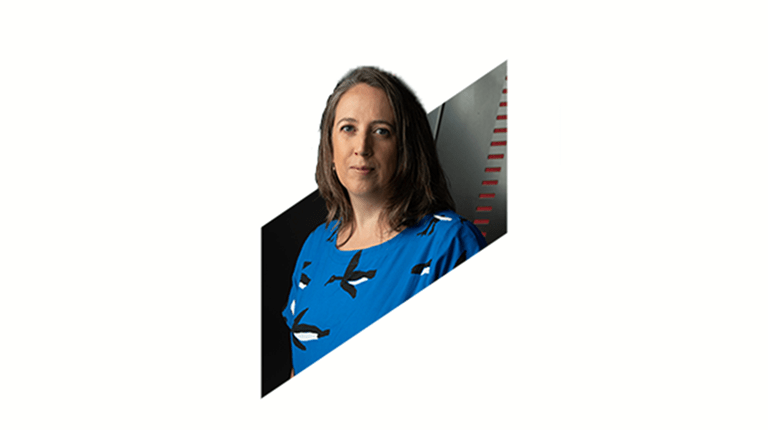
Dr Michelle Boyle
2023 CSL Centenary Fellow
Making malaria vaccines better to save more children
With the help of the $1.25 million CSL Centenary Fellowship, Dr Michelle Boyle will work to bypass the parasite’s suppression of our body’s defences and boost our immune response to malaria. Her research may also help improve vaccines for other chronic diseases.
2022
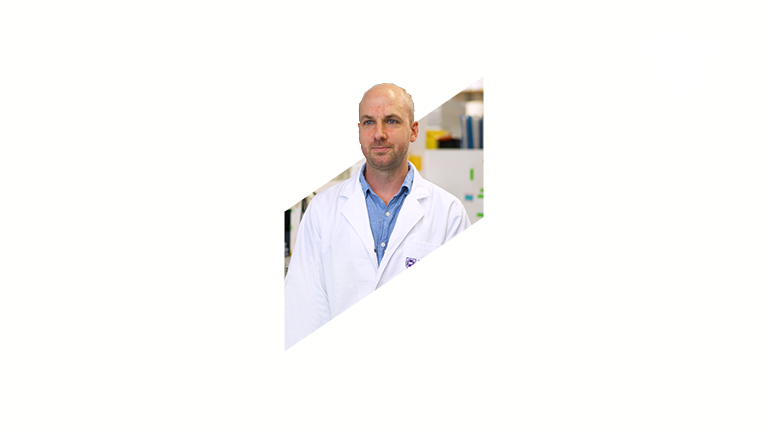
Associate Professor Daniel Watterson
2022 CSL Centenary Fellow
Faster treatments for future pandemics
Associate Professor Daniel Watterson, at The University of Queensland will use his $1.25 million CSL Centenary Fellowship to develop new ways of rapidly generating treatments to respond to future viral pandemics as they arise.
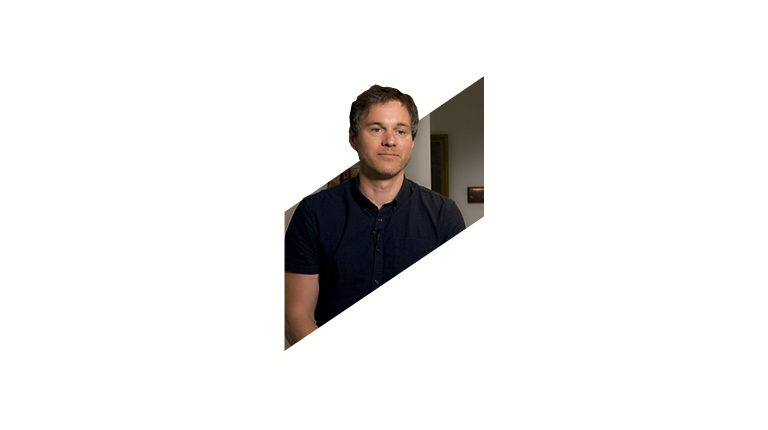
Dr Stephin Vervoort
2022 CSL Centenary Fellow
Investigating the DNA factory in our bodies that makes … just about everything
Dr Stephin Vervoort will use his CSL Centenary Fellowship to unravel fundamental steps in transcription of DNA into mRNA, and then apply that knowledge to identify possible small-molecule drugs to attack acute myeloid leukaemia (AML) and other hard to treat cancers.
2021
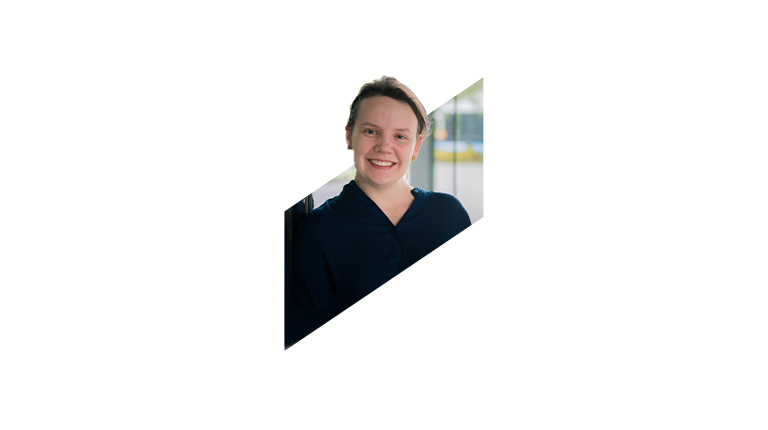
Dr Alisa Glukhova
2021 CSL Centenary Fellow
Could Frizzled proteins lead to new cancer drugs?
Alisa Glukhova is investigating a fundamental cell communication system that guides the growth of embryos but, when it goes wrong, can contribute to cancer and other diseases.
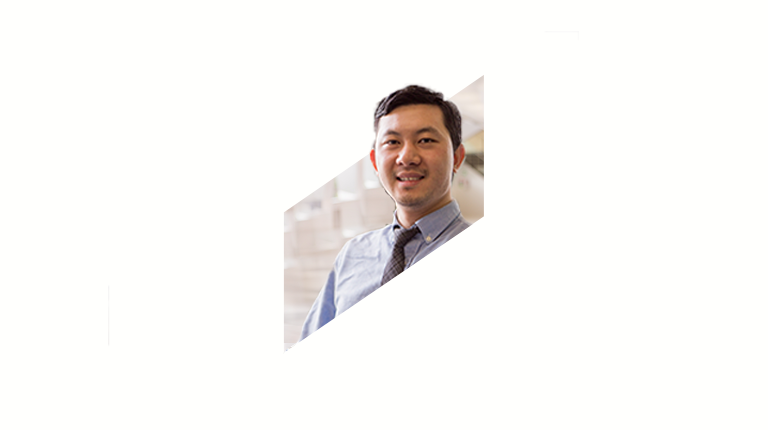
Professor Si Ming Man
2021 CSL Centenary Fellow
A new way to fight drug-resistant bacteria
Si Ming Man is tackling central questions of immunology: how do disease-fighting proteins produced by the immune system recognise pathogens, and how can these natural defence mechanisms be harnessed to fight infectious diseases?
2020
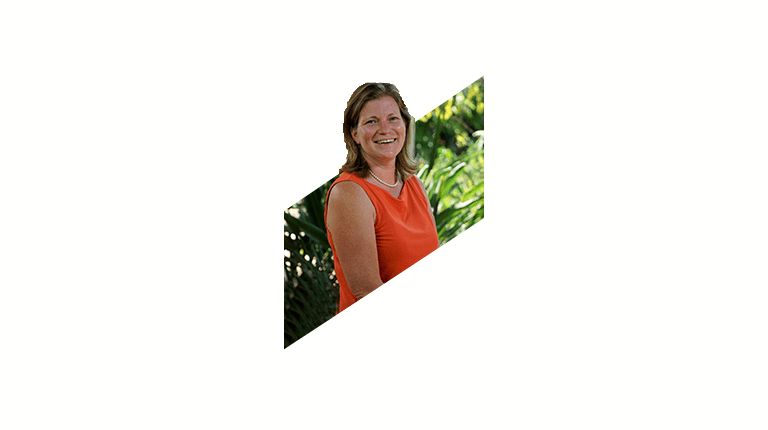
Dr Kamala Thriemer
2020 CSL Centenary Fellow
Curing the “hidden” malaria
Dr Kamala Thriemer will use her $1.25 million CSL Centenary Fellowship to develop and optimise treatment programs against vivax malaria in SE Asia and the Horn of Africa.
2019
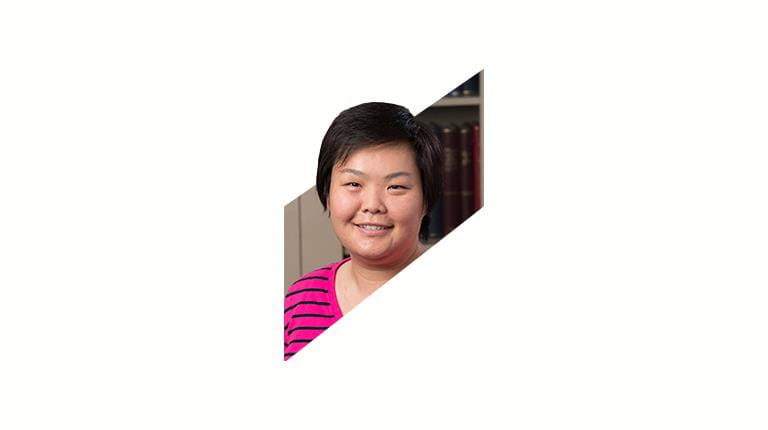
Dr Connie Wong
2019 CSL Centenary Fellow
Why do people with stroke die from infections?
Connie Wong wants to understand why as many as one fifth of deaths following stroke are caused by pneumonia and other infections.
Connie and her team have discovered that stroke not only damages the brain but weakens the immune system and allows bacteria in the gut to escape and cause infection in other parts of the body.
The CSL Centenary Fellowship will enable Connie to investigate how the brain communicates with the immune system as well as researching new strategies to restore the gut barrier’s integrity following stroke.
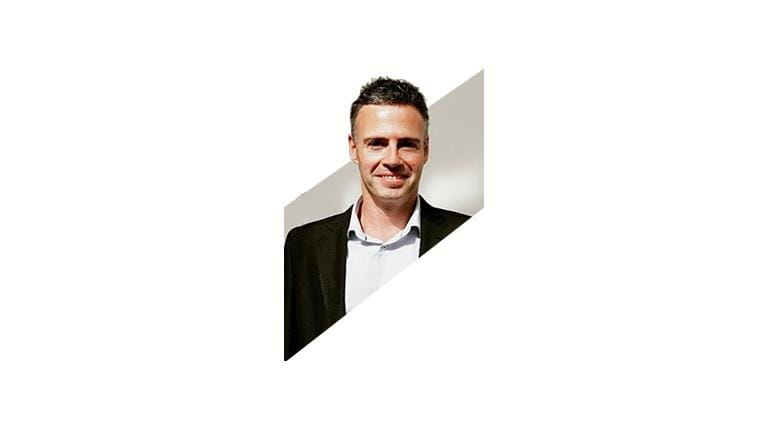
Dr Daniel Pellicci
2019 CSL Centenary Fellow
Recruiting unconventional T-cells in the fight against disease
Daniel Pellicci plans to recruit specialist white blood cells, in the fight against tuberculosis (TB).
Unconventional T-cells’ are among the immune system’s first responders. They can kill infected cells and recruit other parts of the immune system to destroy the attackers. Until now, these cells have been difficult to study but Daniel has developed diagnostic tools to uncover the basic biology of how these cells work in the immune system.
Daniel will use his Fellowship to focus on people suffering from tuberculosis. He hopes his work will lead the way to an improved vaccine plus other new immune therapies.
In the longer term, he believes it will be possible to develop potent lipid molecules to stimulate these cells to help fight various infectious diseases, plus other diseases that involve the immune system such as cancer, autoimmunity and allergies.
2018
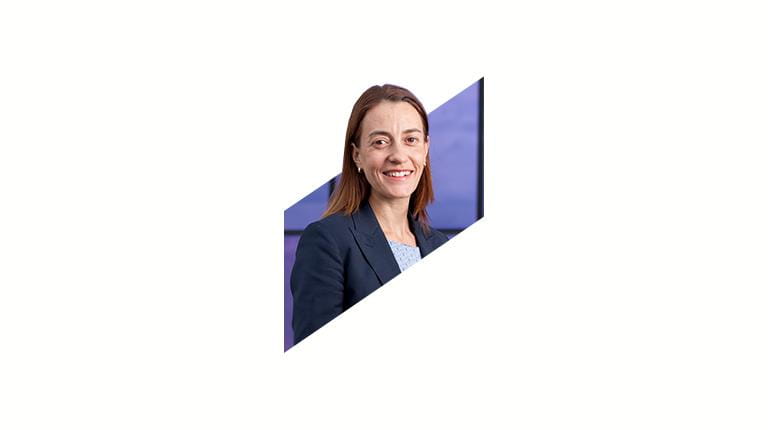
Associate Professor Sarah-Jane Dawson
2018 CSL Centenary Fellow
Blood Tests for Early Diagnosis and Management of Cancer
Associate Professor Sarah-Jane Dawson is pioneering the use of ‘liquid biopsies’ for gentler, more thorough cancer testing. She’s developing blood tests as an alternative to painful, invasive tissue biopsies for cancer patients. The tests identify the tiny fragments of DNA shed by tumour cells into a patient’s blood stream.
Having already been trialled in breast cancer patients, Sarah-Jane says the new tests will help in every phase of treatment, quickly identifying the type of cancer, tailoring treatment to the individual, monitoring their progress, and—once treatment is completed—checking for signs of relapse.
The CSL Centenary Fellowship will give Sarah-Jane the opportunity to develop the tests for some of the most common cancer types, and accelerate the translation of these tests from the lab into the clinic so they can benefit more of the 400,000+ Australians living with diagnosed cancer.
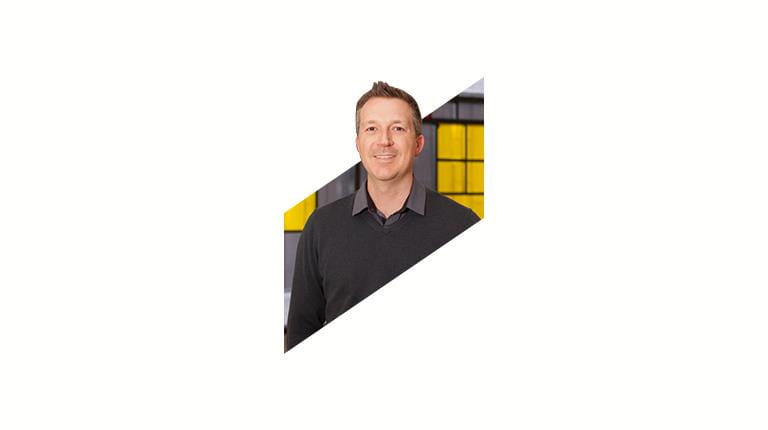
Associate Professor Andrew Murphy
2018 CSL Centenary Fellow
What really causes our arteries to clog?
We’ve long known the lifestyle risk factors for heart attack and stroke. But Andrew Murphy wants to know what is happening at a cellular level. What’s happening in our bone marrow that causes excess white blood cell production and leads to the clogging of our arteries?
Cracking this mystery could lead to a new generation of drugs to fight cardiovascular disease and contribute to new blood cancer treatments.
In 2011 Andrew discovered that an increase in white blood cells accelerates the development of artery-blocking plaque. Now, with the help of his $1.25 million CSL Fellowship, he’s planning to find out what is happening in the bone marrow where these cells are made.
2017
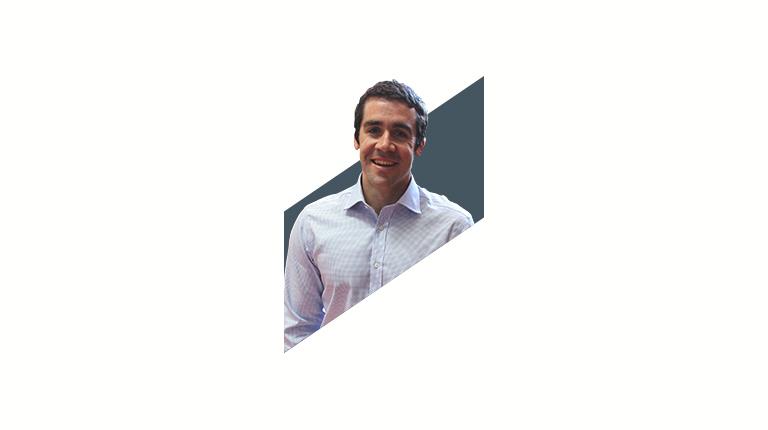
Professor Geoffrey Faulkner
2017 CSL Centenary Fellow
Are memories stored in DNA?
Geoff Faulkner is testing a bold idea— he thinks long-term memory might be stored in our brain's DNA. If he's right, it will revolutionise both our understanding of life's blueprint and how we manage diseases like schizophrenia and Alzheimer's.
During the course of his CSL Centenary Fellowship, Geoffrey will use single cell genomics, optogenetics, stem cells and genome editing to examine how and when during life these mobile DNA changes occur, whether they play a role in memory function, and whether they contribute to Alzheimer's disease.
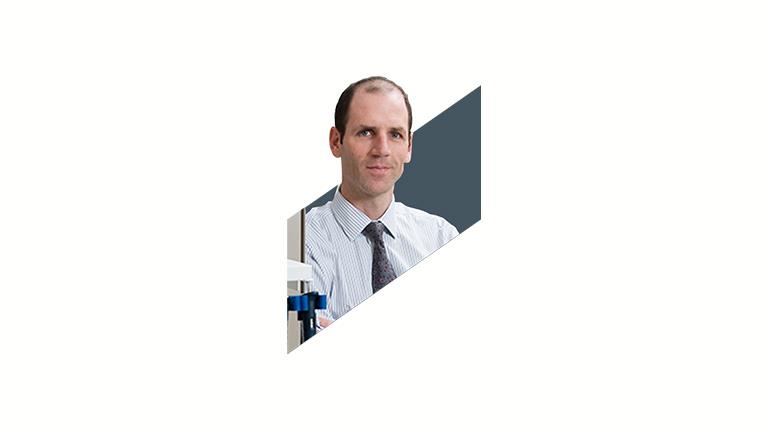
Associate Professor Steven Lane
2017 CSL Centenary Fellow
Improving survival for patients with acute leukaemia
Leukaemia is one of Australia's deadliest types of cancer. However, as Steven Lane knows, it's not just one type—it's hundreds of different types, each with its own genetic fingerprint.
As a recipient of the CSL Centenary Fellowship, Steven's research will focus on understanding why most patients with blood cancers relapse following chemotherapy. His team have developed new laboratory models which will be used to develop and test new treatments for leukaemia and prevention of relapse.



